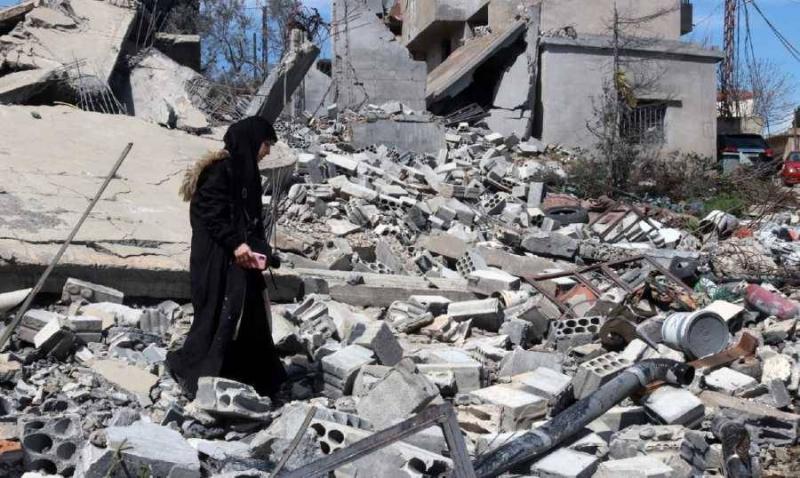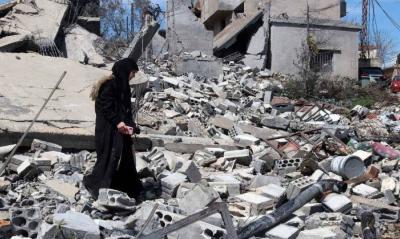The country is awaiting regional and international steps that could help move the stagnant internal file, particularly the vacancy in the presidency that has been unresolved since October 31, 2022. Expected external initiatives may bring flexibility to the rigid positions of the Lebanese factions, each waiting for proposals tailored to their own agendas. It is known that any settlement will involve some bending of angles to accommodate everyone by narrowing the margins of separation between them at a minimum, paving the way for a period of reconstruction, similar to what happened after the Taif agreement (1990-2008), the Doha agreement (2008-2014), and the internal settlement that led General Michel Aoun to the presidency on October 31, 2016, but which did not last more than a year and a month in practice. All of these settlements occurred after the end of the civil war on October 13, 1990.
Communications and negotiations are expected to remain stalled until next week, when intensive meetings are scheduled for Israeli Prime Minister Benjamin Netanyahu in Washington, where he will address the U.S. Congress. Until then, he is unlikely to offer any facilitation in negotiations to halt the war.
The question remains: Will U.S. pressure succeed in persuading Netanyahu to soften his stance, or will he receive new support to continue obstructing the path to solutions, taking advantage of the exhaustion that has affected everyone after nearly 10 months of devastating war?
In this context, a knowledgeable source told "Al-Anbaa" that conditions will remain unchanged between escalations and de-escalations according to battlefield requirements. The source added: "Israel will not embark on a large-scale war in Lebanon, as it well knows it cannot achieve any victory despite the destruction it would cause. Netanyahu and his government will pay the political price, as happened in the 2006 war, despite the destruction of southern towns and most areas of the southern suburbs of Beirut; Israel emerged defeated with the issuance of resolution 1701, and the Winograd report held the Israeli leadership accountable militarily and politically for the failures while Hezbollah's strength increased."
The source viewed that Israel threatens with a war it does not want in an attempt to coerce the West, which fears that border conflicts could escalate into a regional confrontation that would force it to get involved in one way or another, especially with more than two million Syrian refugees in Lebanon, many of whom may take to the sea heading towards Europe, according to "Al-Anbaa" Kuwait.




